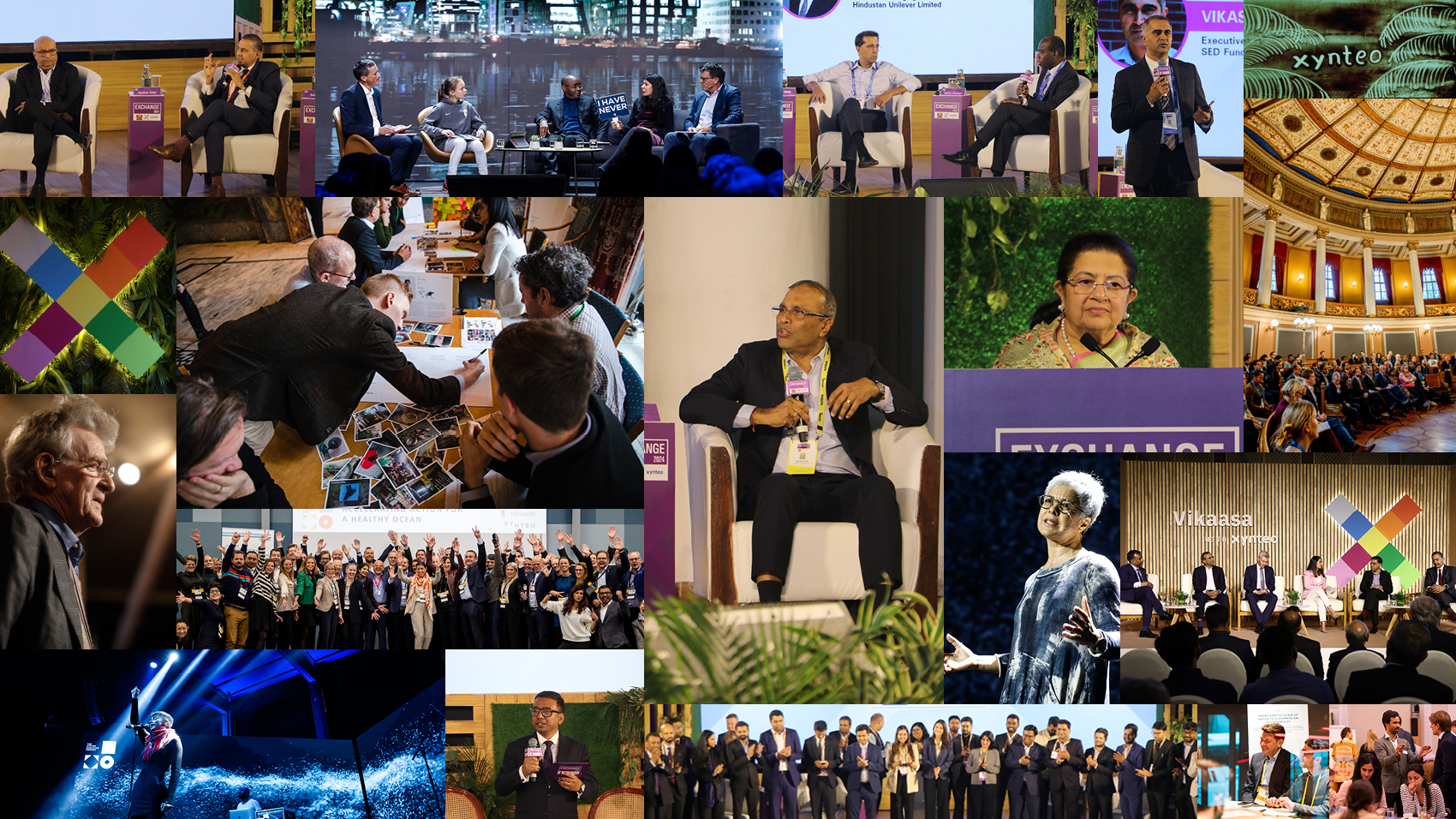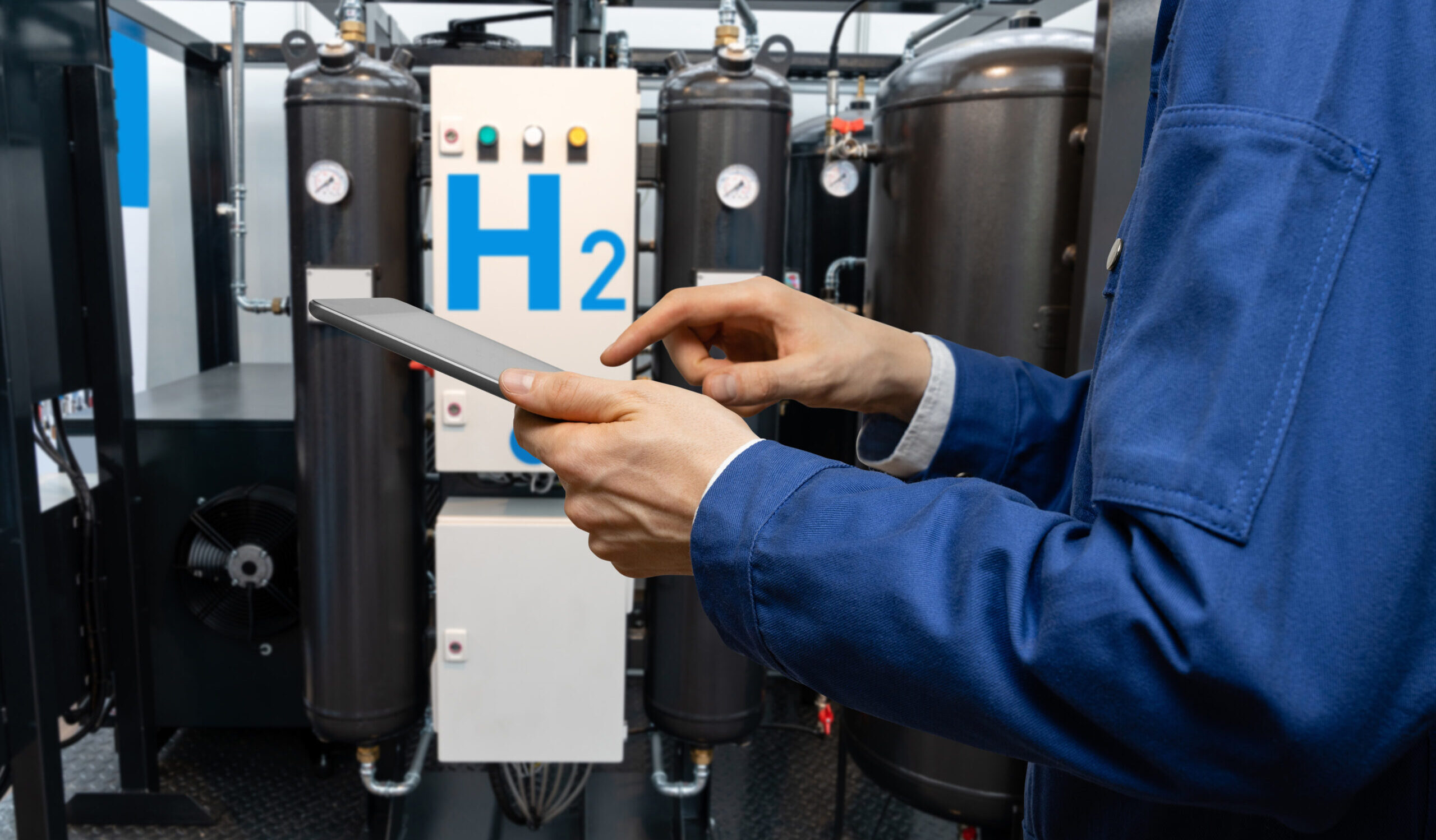This Autumn it’ll be four years since Mark Carney, former Governor of the Bank of England, said, “the transition to Net Zero is the greatest commercial opportunity of our time”. In the face of macroeconomic headwinds characterized by sluggish growth, inflationary pressures, geopolitical unrest, and a fragmented policy landscape, we have asked ourselves a simple question: Are we making money in the Net Zero transition?
Through conversations with business and industry leaders we have chosen to highlight three areas that showcase how a select number of companies have taken advantage of smaller and bigger commercial opportunities in the net zero transition.
Infrastructure Assets
Europe’s largest renewables company 2,5x their market cap in 5 years
Statkraft, the Norwegian giant controlling 25% of Europe’s hydropower reserves, increased their market cap by 249% in 5 years, delivering average returns of 26% pa. But with Norwegian hydropower only accounting for 42% of Statkraft’s value, what has been the main value driver – its international growth strategy. By leveraging a century of expertise and experience in renewables, they have developed new hydropower plants but also invested aggressively in wind and solar across their target markets including Ireland, UK, Spain, Netherlands, Germany and more. With over 500 projects under development, Statkraft will build a new power plant every 9 days from 2025 onwards.
What lessons can investors in the infrastructure asset class draw from Statkraft in a sector often characterized by low margins, underperformance vs. overall market and energy peers, and billion-dollar loans and state guarantees to shore up balance sheets? The answer, a relentless focus and investment in the capabilities and know-how required to navigate complex local ecosystems.
Greenfield Giga Projects
>19 bn EUR in debt and equity financing secured by new pioneering PE-backed entrants in heavy industry and energy storage
Backed by Harald Mix and Carl Erik Lagercrantz’s, Vargas Holding (dubbed the climate tech unicorn factory), Northvolt and H2 Green Steel have raised an astonishing >19 bn EUR in debt and equity financing for greenfield projects that address the heart of the net zero transition: batteries and low-carbon steel. Though the projects have not yet reached full operation, it is worth taking a closer look at some of the success factors that helped them build fundable platforms:
- Thinking bold & big: As Peter Carlsson, CEO of Northvolt, recently commented when he visited Nicolai Tangen’s podcast, In Good Company; “Batteries are a scale business of go big or go home” which is also true for H2 Green Steel’s projects – you need to dare to think big to create economies of scale and competitiveness.
- A systems approach to de-risk investment: leveraging a value chain and customer-back approach, H2 Green Steel were able to secure offtake agreements with customers in forward-leaning steel segments like the auto industry to de-risk their investment platform. Similarly, Northvolt have secured offtake agreements for over 55 bn EUR. Closer collaboration across value chains can be a useful tool to de-risk investments in low-carbon technologies.
- Moving fast – it’s all about execution: In under four years H2 Green Steel has gone from inception to raising over 6 bn EUR in funding and their plant in Boden being in full construction. They aim to be operational already by the end of 2025 – an incredibly ambitious plan they are proving realistic, month-for-month. The sheer scale of these projects requires leadership teams to overcome a myriad of execution challenges – Northvolt for example have gone from 25 to 6,000 employees in six years, an enormous talent acquisition challenge they’ve demonstrated their ability to overcome.
Growth Equity
Attractive niche segments for private equity in the net zero space
For those investors who know where to look, growth equity has also entered the net zero space. Below are three examples of companies and niche segments that have experienced rapid growth:
- Nicoya, an early mover and pioneering Swedish foodtech investment firm, has capitalized on sustainability trends in categories like taco, ice cream and plant-based manufacturing technology. Other examples include Oatly, Naturli, and many others demonstrating how FMCG and foodtech already have significant growth opportunities in the net-zero space.
- Another growth equity niche, related to the renewables infrastructure class, are firms like Vindr who specialize in identifying and developing ready-to-build clean energy projects. These projects are then either developed in-house or sold to other developers. A complex but highly attractive offering, requiring knowledge of current and planned grid improvements and connectivity options, land and permitting requirements – and above else the ability to work with local communities and municipalities to build a shared vision and support for the projects.
- A third growth equity space is circularity. Though a more evolving space, the internal rate of return (IRRs) speak for themselves when you’re able to turn cost items into revenue streams. Collaboration and partnerships with entrepreneurs are often key to building these business models as corporates can be hesitant to divert resources and attention to activities outside of core business. Interesting areas to follow going forward include chemical recycling, plastics, biomaterials, agriculture and food waste, to mention a few.
So, are we making money in the net zero transition? The answer isn’t black and white – some more than others. As the green hype settles and the uncertainty range of outcomes narrows down, the opportunity space also tightens. If you know where to look, are bold but calculated, and leverage the tools at your disposal, the examples highlighted above demonstrate how it could be possible to make money across three very different asset classes in the net zero space – from large-scale infrastructure and greenfield giga projects to niche growth equity segments.



